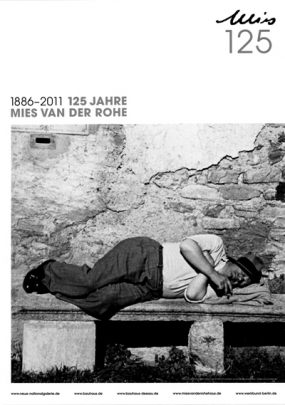The interdisciplinary conference “Mies Neu Denken – Rethinking Mies” took place from 25th – 27th October 2011 in Aachen Germany. This came about on the occasion of the 125th anniversary of the birth of Ludwig Mies van der Rohe (1886–1969) in his home town. The goal of the discussions between both theoretical and practical specialists was the seeking out of the “genetic code” of his architectural legacy which is still very much relevant in architectural art. This dialogue between theory and practice brought about valuable results in terms of the legacy of Mies van der Rohe over the course of the 20th and 21st centuries. In addition to analyses of the imaginative character of Mies' work and his affinities with modern means of communication and media, attention was also drawn to the importance of the fall of the Iron Curtain for renewed theoretical interest in Mies van der Rohe. In this context, the reality of Villa Tugendhat having been made accessible played an important role in light of the fact that it ranks among Mies' most significant realizations in Europe.
A contribution at the conference by Martina Hrabová, published in the section Study and Documentation Centre, presents the person of Mies van der Rohe in the light of the most recent research developments and within the context of contemporary architecture production.
